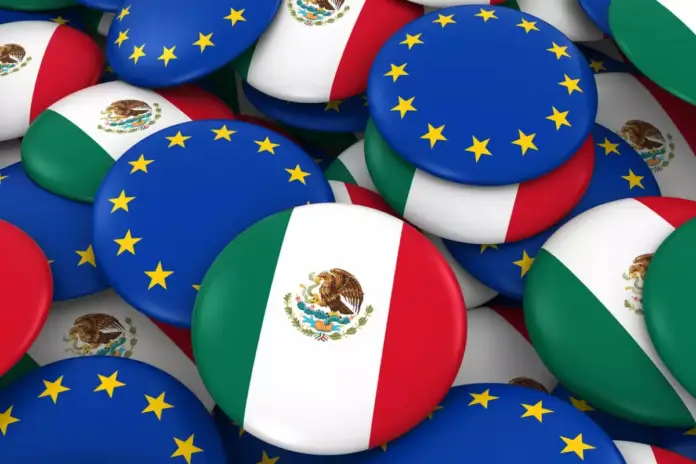The arrival of Donald Trump to the White House already outlined a difficult panorama for the bilateral relationship between the US and our country; the recent announcements of the virtual US president and the resignation of Justin Trudeau further darken the clouds that were on the horizon.
In a few hours, Donald Trump insisted that he will impose tariffs on Mexico and continued with his narrative that migration and drug trafficking are two important issues in which the margin of negotiation will be, to say the least, insurmountable.
It is a fact that, as soon as he sets foot in the Oval Office, the next US president will sign executive orders to declare Mexican drug cartels as terrorist organizations, which would empower that country to use its powerful Army to combat criminal groups.
The declaration would not be worrying if it were just a whim, but it is a real threat that is already straining the always difficult relations between our country and the US.
Because Trump has shown his imperialist nature, with bravadoes such as the intention to ‘annex’ Greenland and Canada and intervene militarily to take control of the Panama Canal, after it was administered by the US for more than 100 years. The arguments he uses are that these actions are indispensable to guarantee the security of his country. The same occurs with drug trafficking, and even more so when fentanyl, one of the drugs allegedly introduced to the US by Mexican criminal organizations, leaves an average of 100,000 people dead from overdoses each year.
It is clear that Trump does not care about the data, nor that fentanyl overdoses in that country reached their lowest level since 2020 last year with a reduction of 14.5 percent, according to figures from the Centers for Disease Control and Prevention of the United States.
Likewise, he does not care that illegal immigration has fallen even below those recorded during his first term. Data from the Border and National Security offices show that between June and November of last year, the US expelled 240 thousand people who entered its territory illegally, totaling 700 thousand in the fiscal year that ended, the highest figure since 2010.
It suits Trump to deny and exaggerate reality, to the point that he asked a close team to try to identify a potential health threat caused by migrants in order to seal the border with a measure similar to Title 42, applied during the crisis due to the COVID-19 pandemic and which left a severe economic drain on Mexico.
As if that were not enough, Justin Trudeau’s resignation as Prime Minister of Canada after a deterioration that was accelerated by Trump’s constant attacks, places us facing a scenario in which our two main trading partners will be in the hands of conservative rulers, who will look for any argument to renegotiate or annul the T-MEC and try to control the power of the Morena government headed by Claudia Sheinbaum.
It is not that Trudeau was the best of allies; in fact, he repeatedly took sides with his US counterparts and against Mexico, but at least his relative passivity allowed for dialogue and discursive confrontation with the United States allowed for a relative balance of forces.
Not having that respite greatly increases Mexico’s vulnerability to the arrival of an ultraconservative like Trump and the fact that, without strong allies, we are in the front row facing the most powerful ruler in the world, and whose incendiary statements further undermine a world that has long since lost its fragile balance.
Source: elfinanciero




